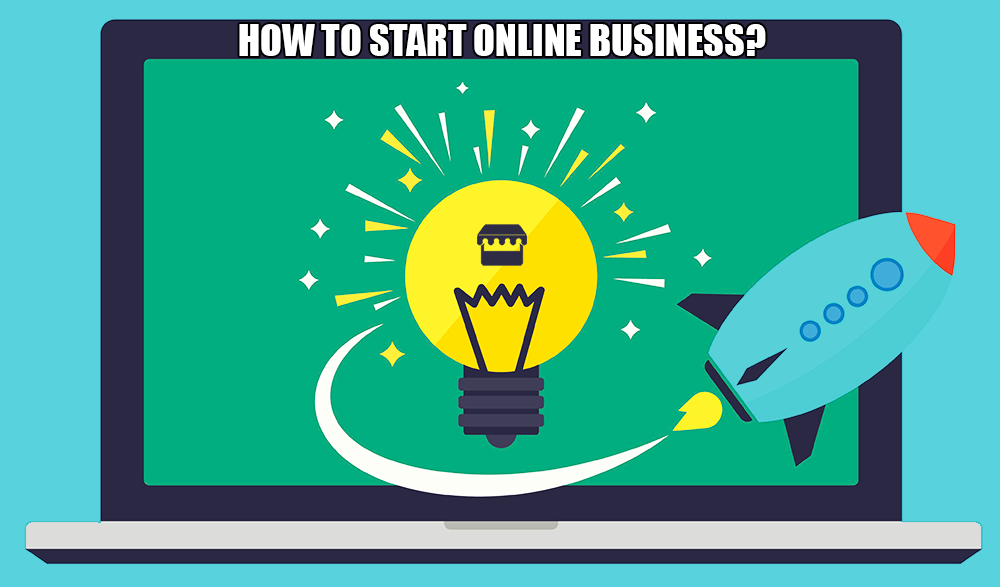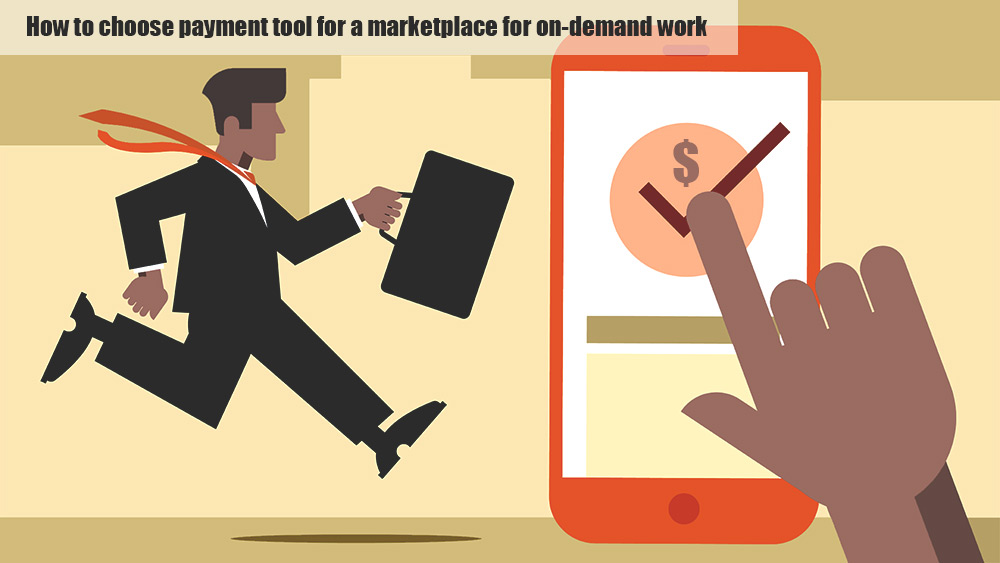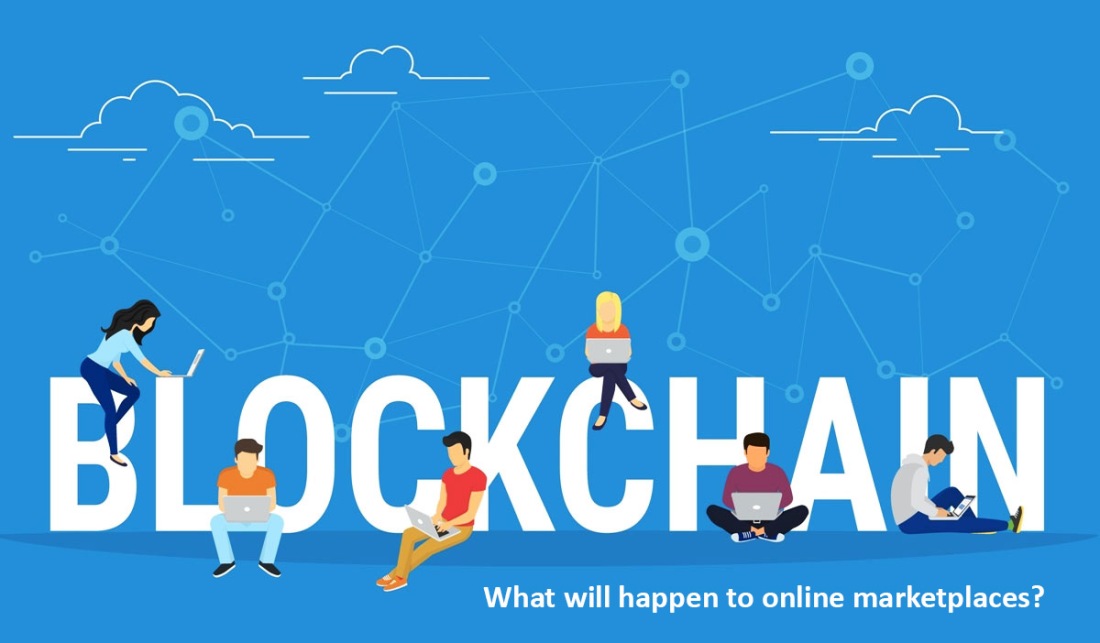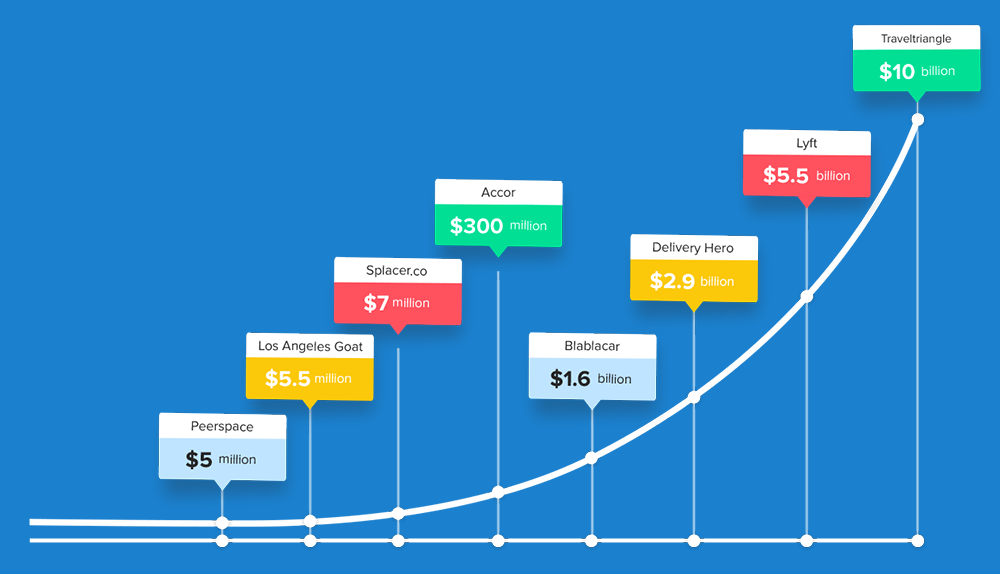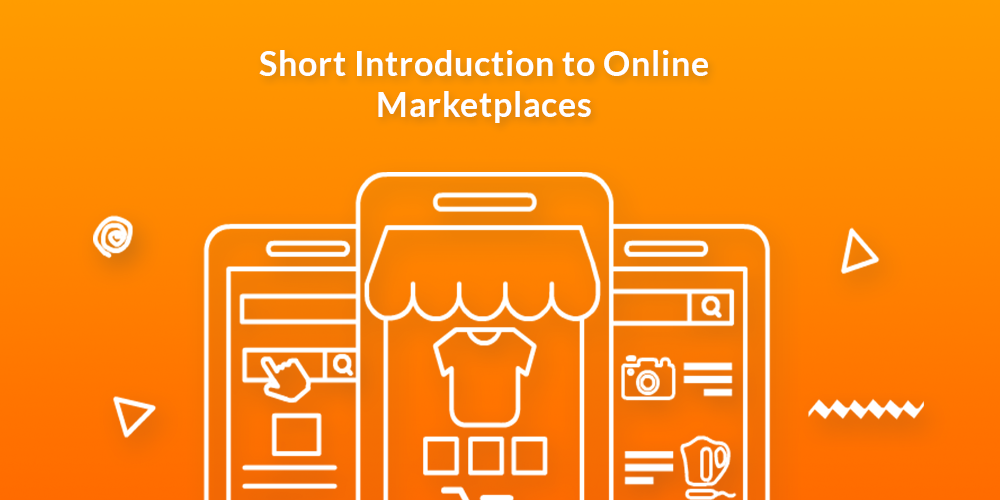
Online marketplaces are extremely useful modern web tools for retailers and customers. These eCommerce solutions make it possible to choose and buy different goods from different sellers in just a few clicks without the necessity to leave one’s home or workplace. The most prominent online marketplaces out there right now are Amazon, eBay, AliExpress, etc. Besides these, there are lots of online platforms dedicated not only to sales purposes. Airbnb and similar services, for instance.
Types And Features Of Online Marketplaces
All in all, an online marketplace is a website full of different products from various entrepreneurs. All of these products can be bought within seconds without wasting much time on shipping, delivery or other issues. As for the sellers, these platforms provide them with assistance in solving the following questions:
- How to create a product page or catalog?
- How to organize the communication with potential customers?
- How to perform financial operations and what tools to use for that?
- How to contact a support team in case of emergency?
And this is not a full list of questions you can easily resolve with the help of online marketplaces. At the same time, these sales channels are not about answering significant business questions only. They are about fulfilling eCommerce tasks and getting a real profit.
Coordinated efforts of web service providers, sellers, logistic and delivery specialists are aimed at catering to the customer’s needs perfectly. What is crucial, all of the web marketplaces are integrated with payment gateways.
As it was mentioned above, eCommerce marketplaces are not limited to trading only. These platforms have strong capabilities to satisfy various needs. According to this, main types of online marketplaces are defined as follows:
- Product Marketplaces which are the most popular ones, like Amazon.
- Job Marketplaces which provide the access to plenty of job openings and resumes, like UpWork.
- Service Marketplaces providing other services, like Airbnb.
Nowadays, the global market is full of complex eCommerce platforms that provide several various services at once. For example, OLX platform offers a wide range of services. Besides that, the market gains more specified services like platforms for price comparison or grouping the announcements.
One of the integral things users are interested in is what profit the marketplaces get. Well, it is all quite transparent. The marketplace’s income consists of three main parts:
Service Fee
Each purchase, each payment requires an additional service fee. This is the basic component of platform’s profit.
Advertisement benefits
The advertisement is the engine of progress. Also, this is a source of income marketplace can get by posting third-party information on its web pages.
Commissions
Cooperation with other service providers requires commissions for every financial operation.
Considerable Advantages Of Online Marketplaces: Two Points Of View
Did you know that 96% of the USA citizens have already made online purchases at least once in their life? Did you know that most of them would prefer to start looking for a product via an online marketplace initially? This kind of service is really convenient and such an accessibility is the main cause of high level of online marketplaces’ popularity. However, this question is deeper than that, so let’s define more constructive reasons why shoppers prefer surfing online marketplaces:
Possibility to save time
Traditional shopping requires visiting the mall. Alternatively, web marketplaces provide the customers with the convenient opportunities to buy things from any location where there’s an access to the Internet.
Choice of a better product
One of the most useful online marketplace features is its filters. With the help of a Filter option, one can easily choose the most suitable type of product out of dozens that are offered.
Access to the bottomless ocean of goods
Unlike web stores, marketplaces provide online users with a unique opportunity to view and compare products of different types, quality, and vendors. One click opens the doors to the digital mall where one would certainly find the desired product.
Living in a never-ending rush mode, consumers find peace and satisfaction in online marketplace shopping.
But this kind of business relations may be risky. First of all, it includes the third party, which may be not reliable. Second of all, buying things online excludes the possibility to try it on physically or check its quality in real life.
Short tip for a consumer: pay enormous attention to feedback and ratings.
But what does it all mean to sellers? Is it really as profitable as it is believed to be?
Let’s just highlight one significant point in this question.
The aim all the entrepreneurs chase after is a bigger profit. And it is only reachable by attracting more customers. Briefly, the more people visit your website, the more would make a purchase. By opening a web store on an eCommerce platform, one gets the opportunity to access a wider audience. Additionally, online marketplaces eliminate boundaries. International trading enables cooperation with customers worldwide.
But along with all of the advantages, there’s always a fly in the ointment. Lots and lots of competitors all around the web fight for customers by offering better terms, lower prices, and higher quality. It’s a challenge to keep up with them and to keep your head above the water.
Short tip for the sellers: always provide your potential customers with accurate information and high-quality attractive photos in order to win their attention.
Development Of Online Marketplaces: What Is Crucial
Online marketplaces demonstrate huge potential and amazing capabilities to impact the eCommerce industry and gain marvelous popularity. The decision to develop a marketplace platform can be extremely profitable for your business. Before commencing to the implementation of your idea, however, take a look at the following valuable expert tips:
Technical aspects
Depending on what kind of service you’ve decided to build, choose the development technologies that are really capable of bringing your idea to life. If it’s a simple software product, use one of the ready-made solutions and enhance its functionality with unique features. Otherwise, if you would like to get a large-scale project, hire a skilled development team.
Security matters
Online marketplace requires dealing with lots of financial operations daily. Your payment system needs to handle the process and deal with every issue possible. It has to be able to provide seamless interaction between customer and retailer and be a cornerstone of all the processes. So make sure it meets all of the expectations. Use modern approaches and cutting-edge technologies to take care of your customers’ future confidence and convenience.
Quality rules the show
Deliver the solution of the highest quality possible at every stage of the process. Marketplace development, cooperation with brands, and interaction with customers must meet the vital quality requirements.
Final Thoughts On The Web Marketplace Topic
Online marketplaces play a significant role in the modern eCommerce world. They provide amazing opportunities for entrepreneurs and create an amazing shopping experience for consumers. What is crucial, they are responsible not only for a service itself but also for every single vendor that runs a web store on the defined platform. In the long run, a winning approach is pretty simple (yet still pretty difficult to achieve) – by providing the highest level of quality, one can reach ultimate online marketplace success.
Source
